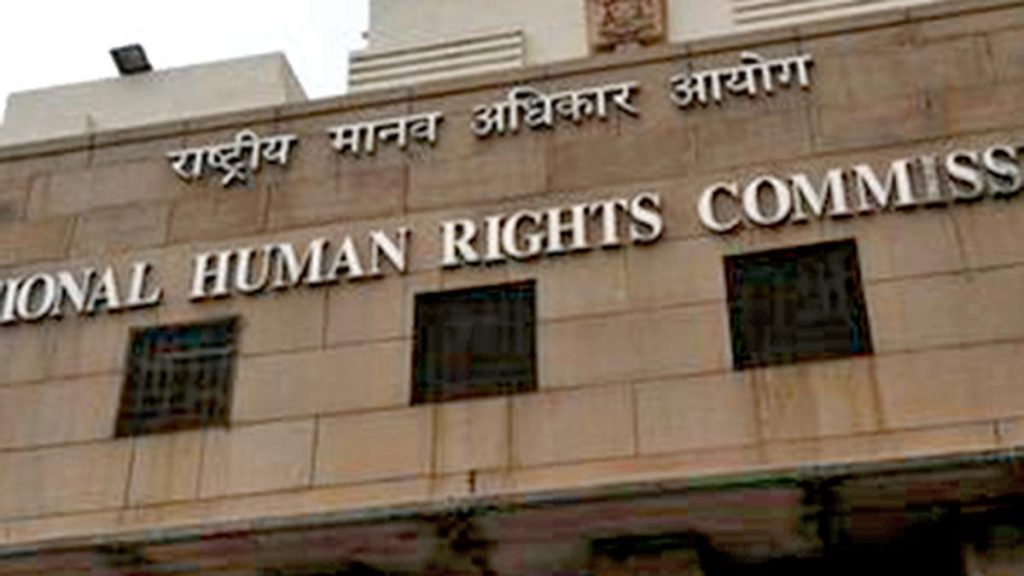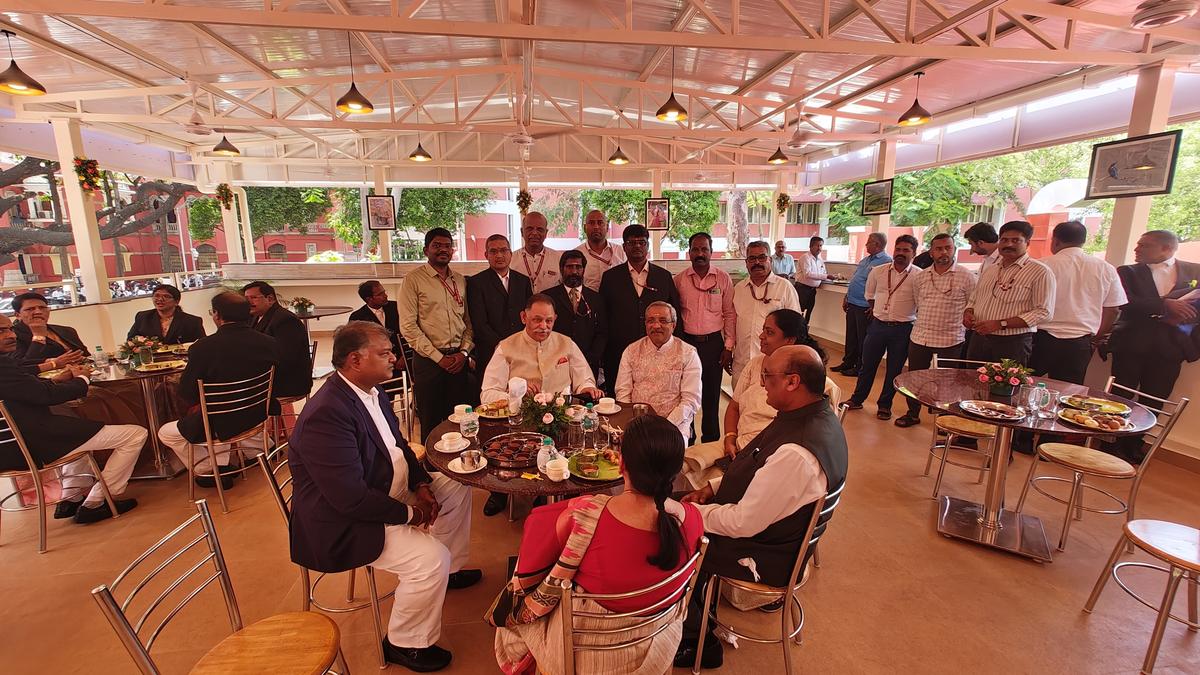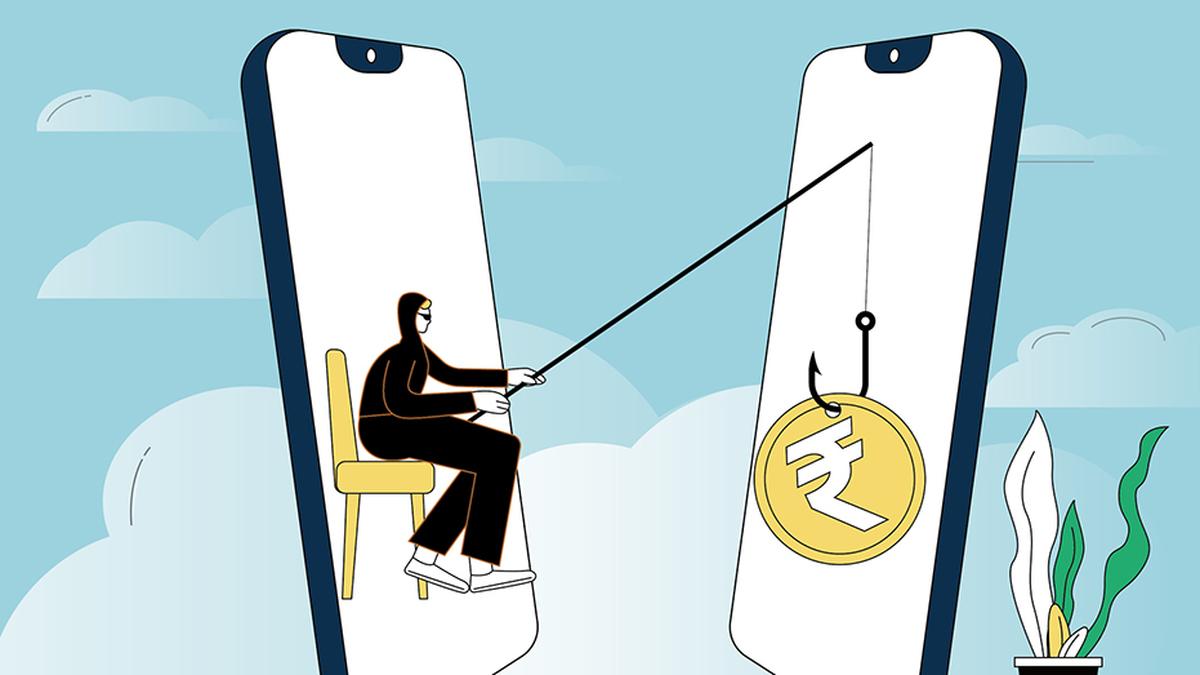Now Reading: Kanthapuram Engages Yemeni Scholar to Seek Clemency for Nimisha Priya
-
01
Kanthapuram Engages Yemeni Scholar to Seek Clemency for Nimisha Priya
Kanthapuram Engages Yemeni Scholar to Seek Clemency for Nimisha Priya

Quick Summary
- Malayali nurse Nimisha Priya faces execution by the Yemeni government on July 16 after being convicted of murdering her business partner, Talal Abdo Mahdi.
- India’s Grand Mufti and Sunni leader Kanthapuram A.P. Aboobacker Musliar has made a last-minute intervention to seek clemency for Nimisha.
- Mr. musliar reached out to the victim’s brother through prominent Yemeni islamic scholar Habib Omar bin Hafiz in a bid for reprieve.
- Nimisha’s fate hinges on whether Mahdi’s family will accept $1 million in diyah (blood money) and pardon her.
- Sources close to Mr. Musliar express hope that Habib Omar’s societal influence might led to a favorable decision.
- Critics have raised questions about Mr. Musliar’s priorities, specifically why he didn’t extend similar efforts to others in Indian prisons.
Indian Opinion Analysis
The intervention by India’s Grand Mufti reflects an effort to leverage religious diplomacy in an urgent case with high humanitarian stakes. the matter underscores broader implications related to India’s advocacy for citizens facing legal challenges abroad-particularly those involving life-and-death scenarios like capital punishment. While some critics question the selective nature of such interventions, the act demonstrates the potential role of spiritual leaders bridging gaps across cultural and legal systems at critical junctures.
The case also highlights issues surrounding diyah (blood money), which raises ethical concerns about justice being tied directly into financial negotiations-a mechanism that can be viewed both as pragmatic resolution or subjective inequity depending on perspectives involved.
Read More: Published – July 14, 2025 05:23 pm IST
























